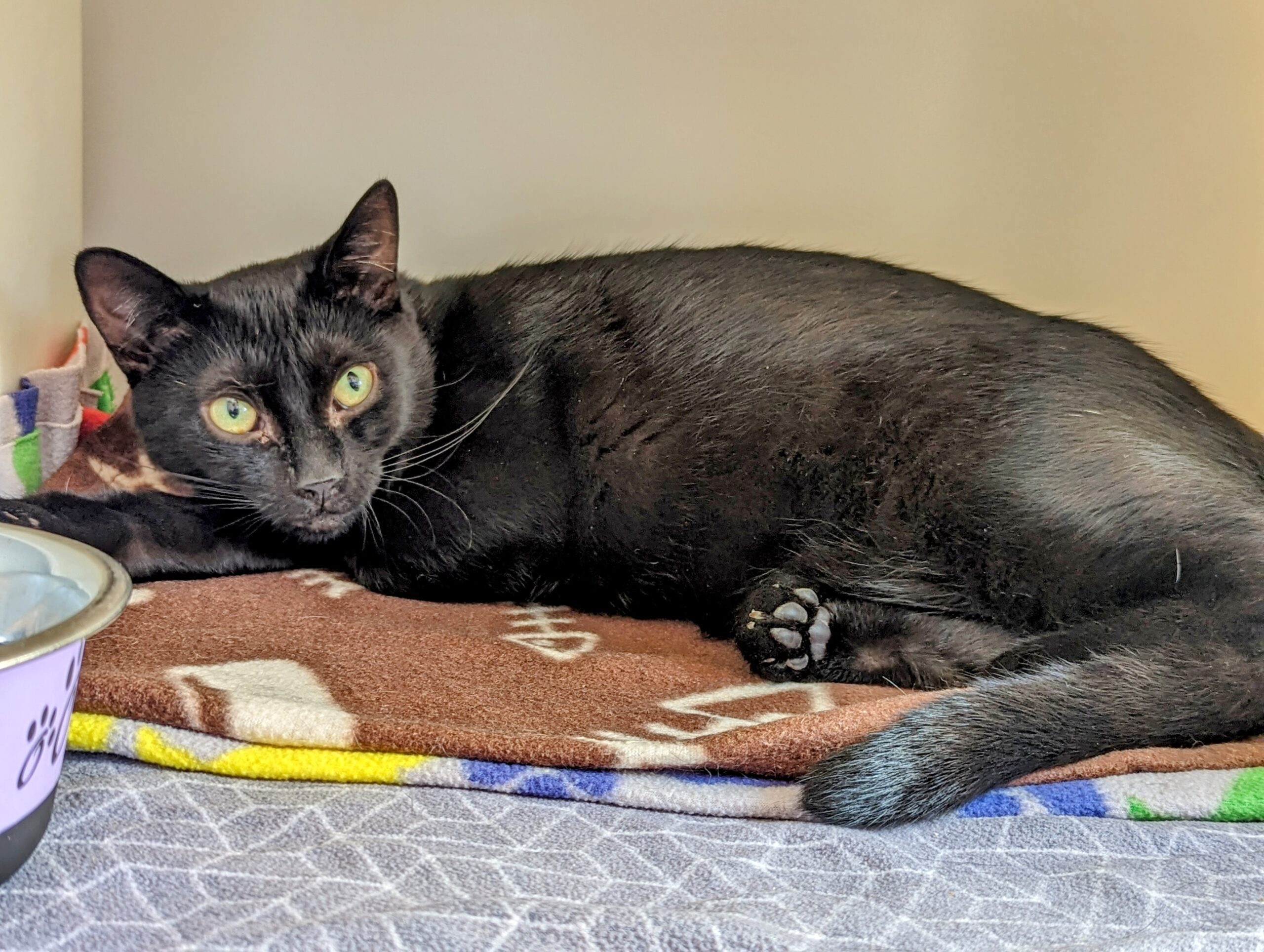Commentary
Halton Region is offering an information session for local residents interested in running for council or school board. It will be a virtual event on Monday, April 11 at 6:30 p.m. I’m sure it will be helpful for potential candidates by offering basic information such as dates, rules, financial matters, etc. These fundamentals are important to the rookie politician.
I suspect, however, that the session will not speak to the other realities about election campaigns. I ran five municipal election campaigns for Burlington City Council and won all five with a majority each time.
So, let me share some thoughts about running for council.
First, think about whether you really want to do it. It’s fun to consider, but you need to understand that the job is harder than it looks. Count on some days running 10 to 12 hours. There will be endless meetings, some on topics about which you will have absolutely no interest. There will be hundreds of pages of reading on a regular basis. Eventually your eyes will begin to gloss over at the sight of another appendix to yet another report. There will be times when you will be required to spend 30 minutes with someone whom you would otherwise not give the time of day.
Most importantly, there are serious implications for your family. They must be totally supportive from the get-go. If you do the job well, it will eat into your personal and family time. I recall having to leave my daughter’s high school graduation early in order to attend a meeting. My wife and I frequently needed to rendezvous at local restaurants for dinner. Our work schedules did not permit enough time between meetings to go home.
Second, understand that any campaign for public office will cost you money. A decent campaign will cost thousands of dollars and if you are trying to unseat an incumbent, you probably will need to spend the legal limit. If you are not willing to put some personal money in the pot, you may find that others are also reluctant to donate to your campaign. You must lead by example. I recall one candidate telling me that she wasn’t going to put any family money into her campaign because she was volunteering to serve the community. She wanted donations from everybody else. Nice try. She lost.
Third is the timing. If you don’t start campaigning by June 1, you might as well not even try. A campaign for public office requires a massive commitment. The summer is critically important. Do not go to the cottage. Do not rest on the Canada Day, civic holiday or Labour Day weekends.

Photo: Tom Purves, CC BY 2.0, via Wikimedia Commons
I recall several occasions when very sincere people came to me around Labour Day to ask my advice about running. I told them it was simply too late to start.
You will need a campaign flyer. Keep it simple. Don’t overwhelm people with details and don’t make promises that sound good but are completely unrealistic. For example, don’t write that you will fight to prevent tall buildings or keep tax increases below the level of inflation. These things won’t happen and people will remember that you misled them.
Fourth, you will need to knock on thousands of doors between June and October. It is important to have a plan. Start with the main streets so that you can secure as many good sign locations as possible as early as possible, but do not neglect the smaller streets. Save them for later. You must visit them as well.
Do not rest on Saturdays. You must campaign on Saturdays. You must keep knocking on those doors, day after day, week after week, month after month. You’ll need more than one pair of running shoes. The good news is that you can eat whatever you want because you won’t be gaining any weight during the campaign.
You will only find about one in three people home or willing to answer the door. You will write “Sorry I missed you,” on your flyer thousands of times. There were times when my fingers would cramp up around the pen!
Most residents will simply be polite, take your flyer, and off you go. Others will want to talk. Talking to constituents is interesting and helpful to identify local issues, but beware, some people talk for a very long time and your time is precious. I recall two occasions when residents kept me at their doors for over 45 minutes. This is disastrous for your campaign schedule. Be nice, but keep moving.
Remember, people are not happy about opening their doors after the sun goes down. You will have more luck when the sun is still up in the evenings. That’s one reason why June, July, and August are important. The sun goes down earlier in September and October, reducing the amount of door-knocking that is possible. Schedule your canvassing time accordingly.
Then there’s the weather. The summer can be hot. Don’t let this stop you. October can be cold. Don’t let this stop you. Don’t be discouraged by a few drops of rain. On two occasions, nice people came out of their houses to offer me umbrellas. The point is: keep going. Don’t stop. Nothing, not even social media, is better than door-knocking.
Still on the topic of canvassing, be ready for the dogs. Lots and lots of dogs. They can occasionally be scary. You will be amazed how many people have no control over their dogs. Be prepared. I once knocked on a glass door. Inside was a long hallway. I could see the dog at the end of the hallway launch itself into a dash for the door. It smashed hard against the glass. I thought it was going to break right through and attack me. People also answer the door in their underwear or other interesting garb. I recall once knocking on a door in Tyandaga. I could hear a woman’s voice say “Come on in.” I found three ladies sitting in a hot tub with glasses of wine who were surprisingly willing to hear about my campaign!
Photos (left to right): Ken Billington, , Takashi Hososhima, Sam Photos8.com, all via Wikimedia Commons.
Fifth is about your team. You cannot do this alone. It is critically important to have a campaign manager who can handle the incidental decisions while you’re spending hour after hour after hour knocking on doors. You also need a chief financial officer. This must be somebody you trust who has read and understands the campaign finance rules. These two key people, however, are not enough! Ideally, you should have team members responsible for signs, flyers, social media, nursing and retirement home campaigns and, of course, foot soldiers who handle an array of other tasks. You cannot rely on family.
Sixth is the campaign kick-off. You need to organize one of these events in order to encourage your initial supporters, build momentum, and get campaign photos, possible media attention, and financial contributions. Do not have a campaign kick-off if you cannot do it well. A few dear friends are not enough. Your opposition will be watching. Be certain that at least 30 people can attend along with snacks, campaign signs, and balloons. It is critically important that when the kick-off is over, everyone goes home thinking that you’re a winner. Booze always helps.
Just a word about lawn signs. Keep it simple. All you really need is your name, what you’re running for, and contact information. Unless you’re gorgeous, forget the photo. The rule of thumb is simple: can a driver see your name from the road?
By now, you probably have some idea who you’re running against. Don’t be shy. Set up a meeting with the opposition candidate(s). You want to know more about what motivates them and you want to know more about them. I always met with the opposition. More frequently than not, I came away thinking I had nothing to worry about.
Finally, there are the issues themselves. Obviously, you need to have a pretty good understanding of the big picture. In my experience, however, most residents are more concerned with their immediate neighbourhood than with budgets, climate emergencies, urban sprawl or bylaws. What they really want to know about is the local speed limits, street lights, road resurfacing, and library times — the things that impact them the most.
By Labour Day, assuming your marriage is still intact, you are on the road to success. If you’ve worked all summer, you should be in the lead. Do not let up. Being tired is not an acceptable excuse. Your team is counting on you. I recall being so tired during my first campaign that I sometimes fell asleep in the middle of the day.
In the end, the job is worth it. Public service is worth it. Contributing to your community is a great feeling.
Good luck to you. Go for it, but only if you’re serious and willing to give it 110%.
The election will be held on Monday, October 24. Nominations can be filed from May 2 to August 19, 2022.
——————————————————
Rick Craven is a retired Burlington and Halton Regional Councillor.







